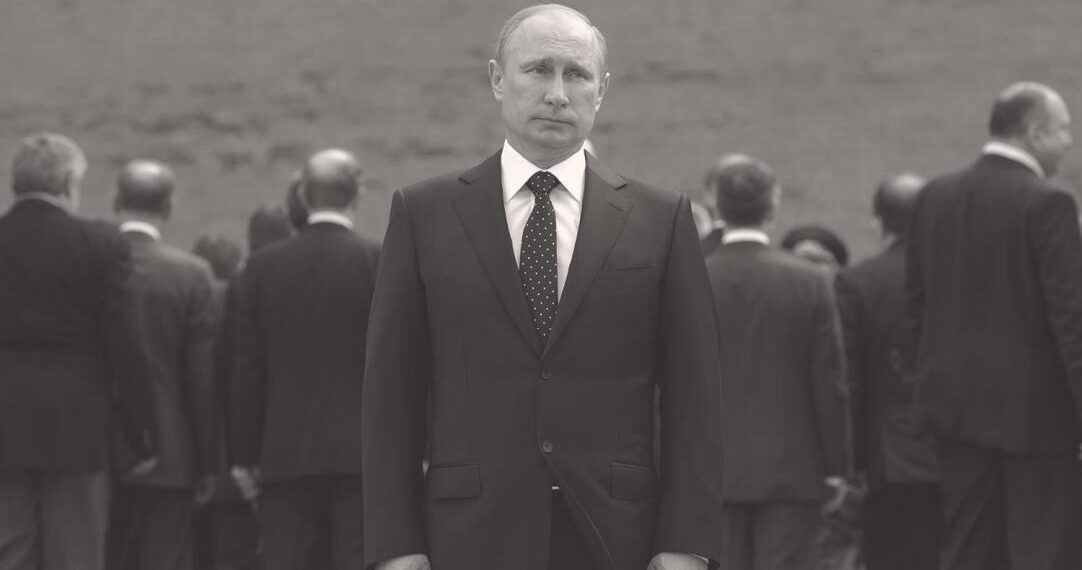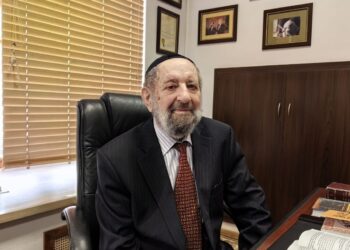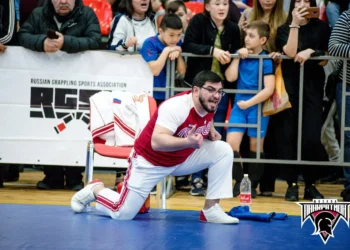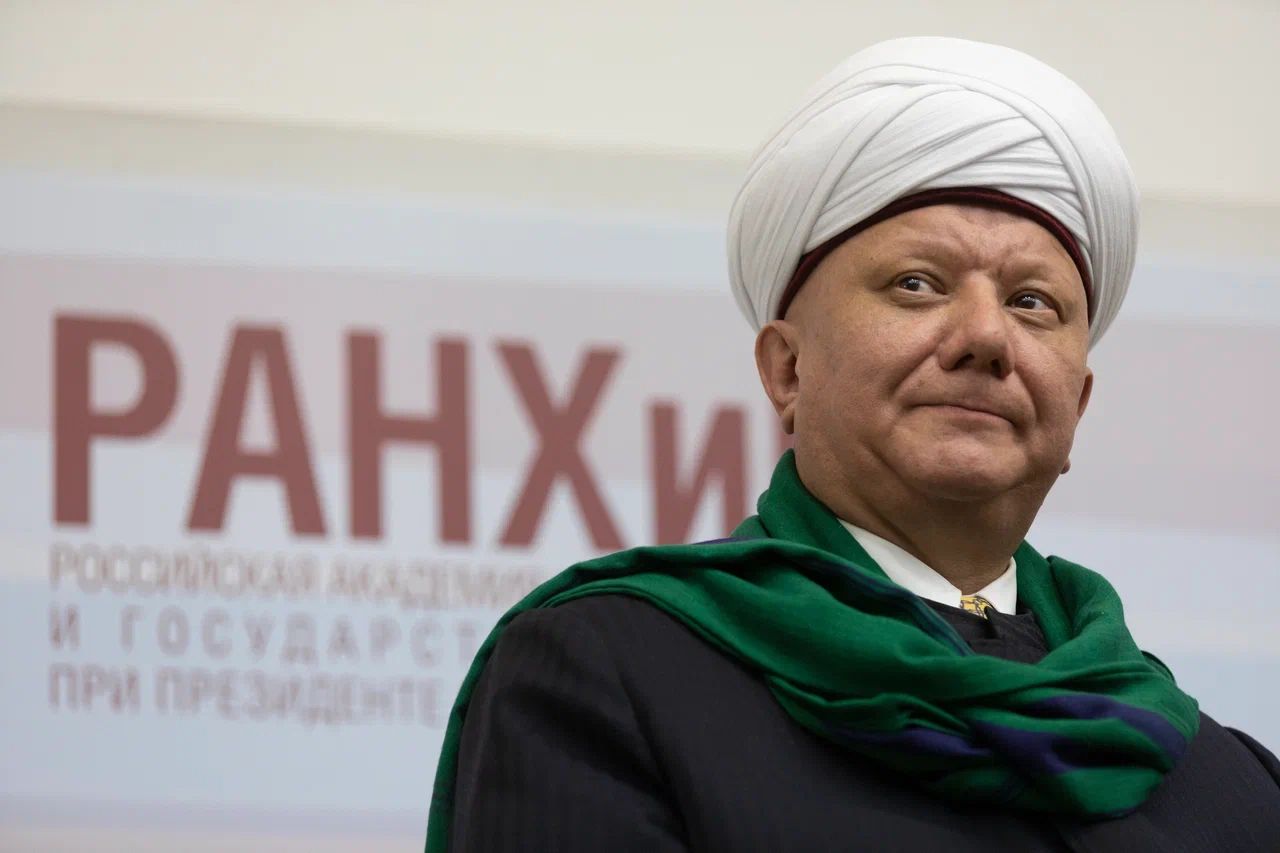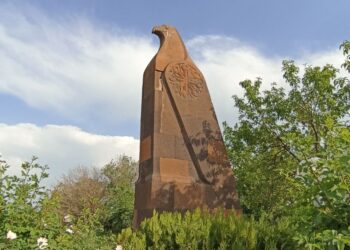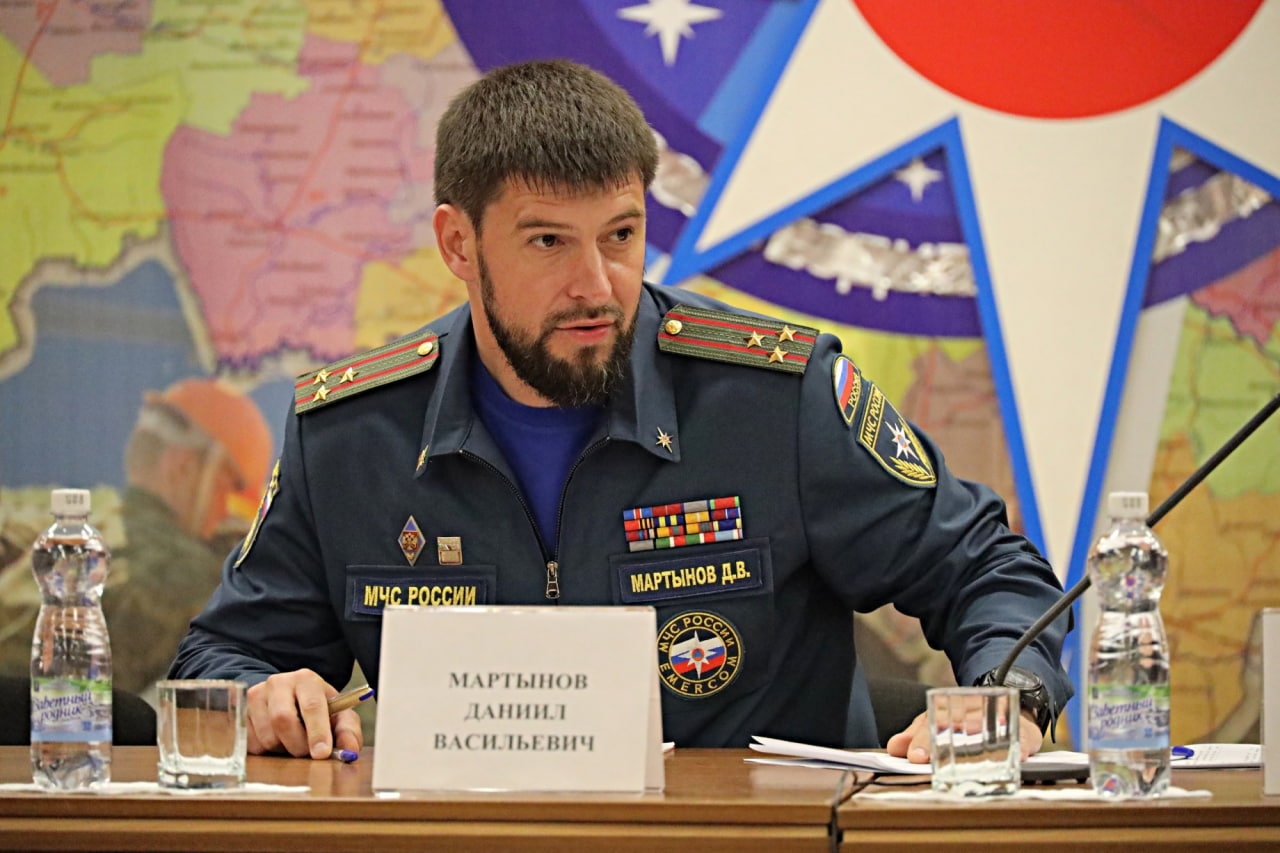Realist: How have elite groups changed in Russia during Vladimir Putin’s 20 years in power?
Zhuravlev: First of all, the ratio of the two main types of elite — economic and political — has changed. If in the 1990s the economic elite dominated, and officials were only mercenaries of one or another business clan, then in the 2000s the state apparatus began to dominate, and business — started to exist as much as the state allows it. Today, the elites are senior officials and heads of state-owned companies. The key figure defining the elite landscape is the President, as it is him who determines who will take positions in the state and state-owned companies. In these conditions, the importance of proximity to the first person, the presence of authority in the eyes of the first person has sharply increased. At the same time, the role of an ordinary official has sharply decreased. Therefore, groups of officials today do not have such a developed periphery as in the 1990s: elite groups consist of major officials and heads of state-owned companies, as well as of their narrow immediate environment.
Realist: Who of the 1990s’ elites of the has retained influence on political and economic processes?
Zhuravlev: The changes in the business elite are connected precisely with the ratio of the official and business elite. Those who did not want to notice it, ended badly (Boris Berezovsky). Those who did not agree with it (Vladimir Gusinsky, Mikhail Khodorkovsky), found themselves in exile. Those who made up their mind to play in the new conditions not according to the rules (Mikhail Prokhorov) or not to play at all (Alexander Smolensky), lost part of their influence. Those who played by the rules (Vladimir Potanin, Peter Aven, Mikhail Fridman, etc.) or did not get into politics in principle (Vagit Alekperov), retained their wealth and the opportunity to increase it. Although their influence on the government has sharply decreased. There are two reasons for this: the general decline in the influence of the business elite and the inability to enter the closest circle of a new leader, because this circle already exists, and new people are not needed there.
So there is no sharp change in the business elite itself or its role in the society has changed and those who disagreed with it, have left. Separately, it is worth noting the “family clan” in the person of Valentin Yumashev, Tatiana Dyachenko and Alexander Voloshin. These people have not lost either wealth or influence, but they have gone from the forefront into the shadows. They do not make decisions, but influence them, which is the safest and most effective strategy for an elite group. Today it is the most mature elite group — the germ of that “deep state” that political scientists like to speculate about.
Realist: Can we speak about a shaped Putin elite?
Zhuravlev: The entire federal elite of today, with the exception of some relics in the business elite, is absolutely “Putin’s”. Both the official one (where I include governors) and the political one (deputies and parties) were created, nominated and formed by Putin. Since our power is not hereditary, it is not an integral property. As a result, the elite depends on who can give or take away power, that is, from the president. Therefore, both genetically and in fact, the “political elite” in Russia is 200% Putin’s.
Realist: In your opinion, how many influential elite groups are there in Russia now and who is their leaders?
Zhuravlev: There are many elite groups in Russia. Everyone who has been able to concentrate a large economic and (or) power resource around himself, thereby creates an elite group. But since Putin is the “father” of the Russian elite, key elite groups are formed around individuals who are part of the president’s inner circle. Some of these people enter unions. For example, Nikolai Patrushev and Alexander Bortnikov. We can talk about six groups. In addition, the “family group” and the group of Sergei Kiriyenko are still there. Groups are being formed around the speaker of the State Duma Vyacheslav Volodin. Regardless of whether the Prime Minister himself wants it or not, a group will form around Mikhail Mishustin. The weight of the position itself is too great and sooner or later the planetary system will gather.
Realist: There is an opinion that the coronavirus pandemic and the fight against it have exacerbated the confrontation of elites in Russia. Do you agree with this assertion?
Zhuravlev: In principle, the pandemic could have exacerbated the contradictions between elite groups: problems are growing, the elite’s “feed base” is shrinking. But, I think, that in fact, the struggle will not intensify, since Putin’s elite has a common goal — to preserve the current system. And the worse the situation gets, the more consolidation this task will require.
Realist: Who is in Putin’s inner circle and who influences the strategic issues of the country’s development?
Zhuravlev: In my opinion, the President’s inner circle includes the President’s Special Representative for Environmental Protection, Ecology and Transport Sergey Ivanov, Deputy Chairman of the Security Council Dmitry Medvedev, Head of Rosneft Igor Sechin, Secretary of the Security Council Nikolai Patrushev, Head of the Presidential Administration Anton Vaino, Defense Minister Sergei Shoigu, FSB Director Alexander Bortnikov, Director Foreign Intelligence Services Sergey Naryshkin and Yuri Kovalchuk. Alexey Kudrin is adjacent to them.


